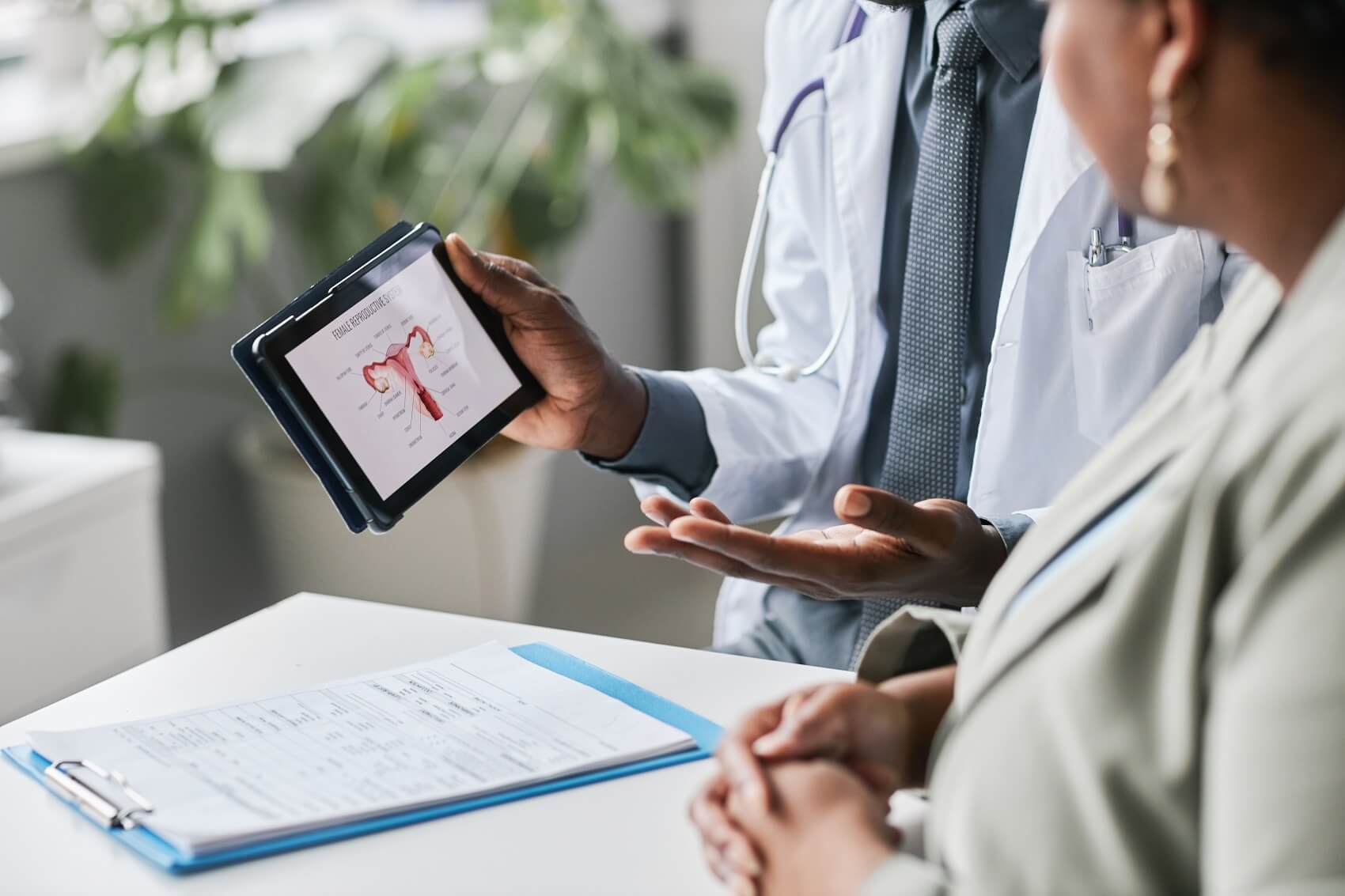We are experiencing a very high volume of calls and messages and ask for your patience. We will answer your portal messages within 48 hours.
We are experiencing a very high volume of calls and messages and ask for your patience. We will answer your portal messages within 48 hours.

Ovulation is an important part of the menstrual cycle when an ovary releases an egg into the fallopian tube. If you’re trying to grow your family, tracking when you ovulate can help increase the chances of conception.
The fertility specialists at InVia Fertility have put together this page to cover some of the basics about ovulation, including when ovulation happens, how to find out if you’re ovulating, and experiencing irregular ovulation cycles.
The day your period starts is considered the first day of your menstrual cycle. Ovulation typically occurs on the 14th day of a 28-day menstrual cycle. However, if your menstrual cycle is shorter or longer than the 28-day average, this timing may change by a day or two.
Ovulation lasts for 12 to 24 hours. This is determined by how long the egg released by the ovary remains in the fallopian tubes before being reabsorbed into the body.
There are several ways to find out if you’re ovulating or about to ovulate:
It is common for you to experience bodily symptoms during ovulation. Many people experience pelvic pain or cramping on one side, light bleeding, or spotting. Some people also have changes like:
Like pregnancy tests, there are ovulation tests that you can purchase over the counter that will tell you if you’re ovulating. The test is designed to detect the luteinizing hormone levels in your urine. If levels are high, then you are likely about to ovulate.
Your OBGYN may also be able to provide an ovulation test, which can be more sensitive than the urine analysis versions you purchase at a drugstore.
You can use a calendar to track your menstrual cycle and estimate when you’ll ovulate. It may take a few cycles to get a better sense of your body and when your cycle starts and ends.
Begin tracking on the first day of your period and consider that day one. If your period comes regularly, you can determine the length of your cycle by counting the days until the start of your next period.
Many people experience irregular ovulation or don’t ovulate at all; you are not alone if this is something you’re going through. A fertility specialist can help uncover any causes of irregular ovulation—such as conditions like endometriosis or polycystic ovary syndrome (PCOS)—and offer individualized treatment plans that regulate your ovulation cycle.
Bloodwork taken throughout your menstrual cycle can help determine if you are ovulating and your hormone level throughout the cycle. Depending on your results, your fertility specialist may recommend ovarian stimulation medication or other treatments based on your health and family goals.
If you want to grow your family, learning more about your own ovulation cycle can help. During a fertility assessment at a local InVia Fertility center, your fertility specialist will run tests that determine if you ovulate regularly or if some medication may be required to stimulate ovulation. Request an appointment to schedule a fertility assessment today.

Entire Website © 2003 - 2020
Karande and Associates d/b/a InVia
Fertility Specialists
